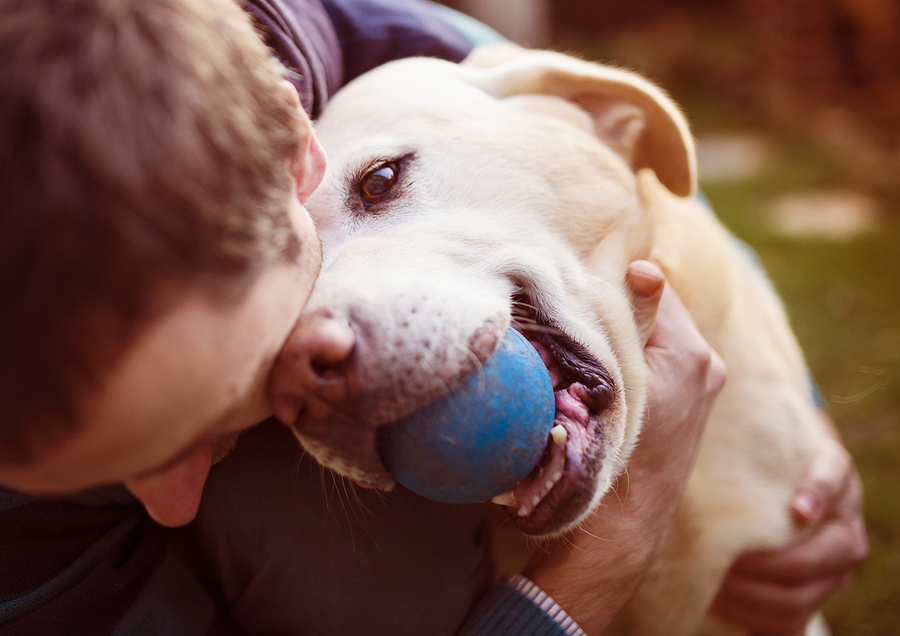Americans love their dogs. According to the American Pet Products Association, more than 56 million U.S. households included at least one canine companion in 2014. Unfortunately, raising a pooch isn’t always just wagging tails and slobbery kisses. The Centers for Disease Control and Prevention (CDC) report that dogs bite 4.5 million people every year. About 885,000 of those incidents result in injuries requiring medical attention, and about half of those serious injuries occur on children.
In addition to the shock and horror you’d naturally experience should your dog attack a stranger, visitor to your home, or even a family member, dog bite incidents are expensive. According to the Insurance Information Institute, dog bites accounted for more than 33 percent of the homeowner’s insurance liability claims paid in 2013, costing more than $483 million. The average cost per dog bite claim nationwide was $27,862—a pretty significant chunk of change.
Fortunately, there are steps you can take to reduce the chances of your dog or family’s involvement in a dog bite incident. Consider the following:
- Choose your pet carefully. There are varying opinions on whether dogs of certain breeds are more dangerous than others are or if home environment has more to do with a dog’s nature. Talk to your veterinarian about potential behavior and health issues associated with specific breeds. Speak with your insurance agent about breeds excluded from coverage under your homeowner’s insurance policy.
- Socialize your pet early. Well-socialized puppies are more likely to grow into adult dogs who feel comfortable around a variety of people and other animals. Continue to expose your dog to new situations—under controlled circumstances, of course—as he or she gets older.
- Wait until your child is old enough. Because half of all serious dog bite incidents involve children, experts recommend waiting until your own are at least 4 years old before introducing a dog to your home. At that age, children are better able to understand how to behave around pets.
- Never leave a baby or young child alone with a dog. You should also teach your children not to approach strange dogs or to try to pet dogs they do not know. Instruct them to ask the dog’s owner for permission before approaching or petting.
- Keep your dog healthy. From controlling parasites to spaying and neutering, regular veterinary care can influence how your dog feels and directly affect how he or she behaves. Make sure to vaccinate your dog against rabies and other infectious diseases according to recommended guidelines. And take your pet on plenty of walks to keep it healthy and provide mental and physical stimulation.
- Obey all pet-related laws. License your dog as required by your community, city and county. Respect leash laws and, if you ever leave your dog alone in a fenced yard, ensure the area is truly secure.
Whether you already own a dog or are considering bringing a canine into your home, give us a call to review your insurance liability coverage for bites and other pet-related injuries.
